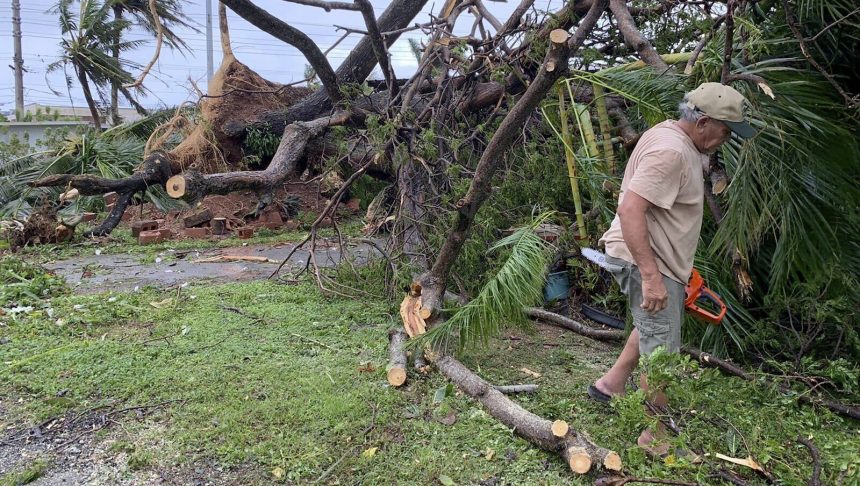A recent federal report has highlighted the alarming lack of data collection and maintenance for U.S. territories compared to states, posing significant challenges for climate adaptation and mitigation efforts. The U.S. Government Accountability Office’s report focused on five island territories, revealing disparities in data collection practices across Puerto Rico, the U.S. Virgin Islands, the Commonwealth of the Northern Mariana Islands, Guam, and American Samoa, all of which are grappling with the impacts of climate change.
The report underscores the need for equitable data collection in U.S. territories, particularly concerning demographics, economics, and agriculture, all of which are closely linked to climate change. Despite the importance of this data, federal agencies frequently exclude territories from statistical products due to various barriers such as limited sample sizes, high data collection costs, and technical challenges.
Without accurate and comprehensive data, U.S. territories like Guam and Puerto Rico face greater risks from climate change, including more severe storms, warming oceans, and coral bleaching. The Biden administration has been urged to address these data gaps promptly by consulting with the territories and developing a plan to enhance data collection efforts.






